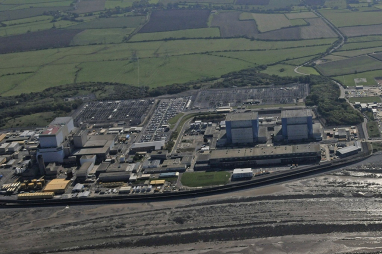- AspennigeriaShops , Nike gra Blazer Low 77 Vintage Arriving in Midnight Navy , 7 Best Nike gra Running Shoes in 2024
- Кросівки nike air max correlate (оригінал, 39 р). — цена 750 грн в каталоге Кроссовки ✓ Купить женские вещи по доступной цене на Шафе, Украина #109005122 , nike kyrie 1 easter on feet images and names free
- Nike Nsw Therma - Fit Repel Puffer Jacket– JmksportShops - ladies length nike air max 95 essential black gold
- adidas velcro sneaker for kids shoes boys size 1
- Платье, adidas Core 18 Длинные брюки , платье adidas — цена 598 грн в каталоге Короткие платья ✓ Купить женские вещи по доступной цене на Шафе, Украина #121602964
- Air Jordan 1 Paisley Bandana Release Date
- Miles Morales Shameik Moore Air Jordan 1 Spider Verse
- on feet air jordan 1 low chicago
- new air jordan 1 high og osb dian blue chill white cd0463 401
- air jordan spring 2021 retro collection release date info
- Home
- News and analysis
- Info hubs
- Events
- Video
- Case Studies
- About us
- Magazine
- Advertising
Produced for the industry by the Association for Consultancy and Engineering
News
Number of major infrastructure government projects given delivery warnings rises

The latest annual report by a government watchdog has shown the amount of government-led major projects that are at risk of failing or even potentially considered undeliverable has risen to 46 – eight more than last year.
The Infrastructure and Projects Authority (IPA) has released its report which highlights how the number of planned projects which appear to be unachievable and given a red warning has doubled from the four recorded last time. Including those with amber/red warnings for projects deemed to be at risk then the figure rises to 46.
Furthermore, statistics show that only 18 new projects were added to the portfolio in 2017-18, which is the lowest number since the IPA started publishing its annual report six years ago – 50% less than the number added in 2016-17.
Commentators have been quick to highlight the role of Brexit in the government's investment plans for major projects, with many believing more money needs to be pumped into infrastructure delivery.
Andy Murray, partner at the audit, tax and consulting firm RSM, said: “It’s good to see real positives within this year’s IPA annual report – with less projects stalling and improved continuity in project leadership; however, the slowdown in new projects joining the GMPP is concerning. With parliamentary and departmental time diverted toward managing the Brexit process, it is hoped that time is not been taken away from much-needed strategic infrastructure and projects.”
Despite the concerns surrounding projects getting off the ground, the government has responded in defiant fashion and lauded the successful delivery of 26 projects this year which include the Francis Crick institute, the biggest biomedical research facility under a single roof in Europe, the Airseeker project with three new military surveillance and intelligence aircrafts built and a major refresh of the Department for Work and Pensions’ IT system.
IPA Chief Executive, Tony Meggs said: “The collective size and scope of these projects is impressive. It takes years of hard work from the cadre of world class project delivery professionals in government to deliver projects of this scale and complexity. The current portfolio of government major projects remains a broad and ambitious one. It is vital that we continue to help create the right environment for their successful delivery.”
While exchequer secretary to the Treasury, Robert Jenrick, said: “We are investing record amounts in crucial national infrastructure projects that are the foundation of our economy and will boost productivity. It’s exciting to see this investment translate into real projects on the ground that will have a long-lasting impact for the public.”
The IPA says the current portfolio includes 133 major projects with a whole life cost of £423bn, spread across 16 government departments. It remains confident about the projects given warnings too with over half of this year’s 26 completed projects given a green or amber green assessment originally.





